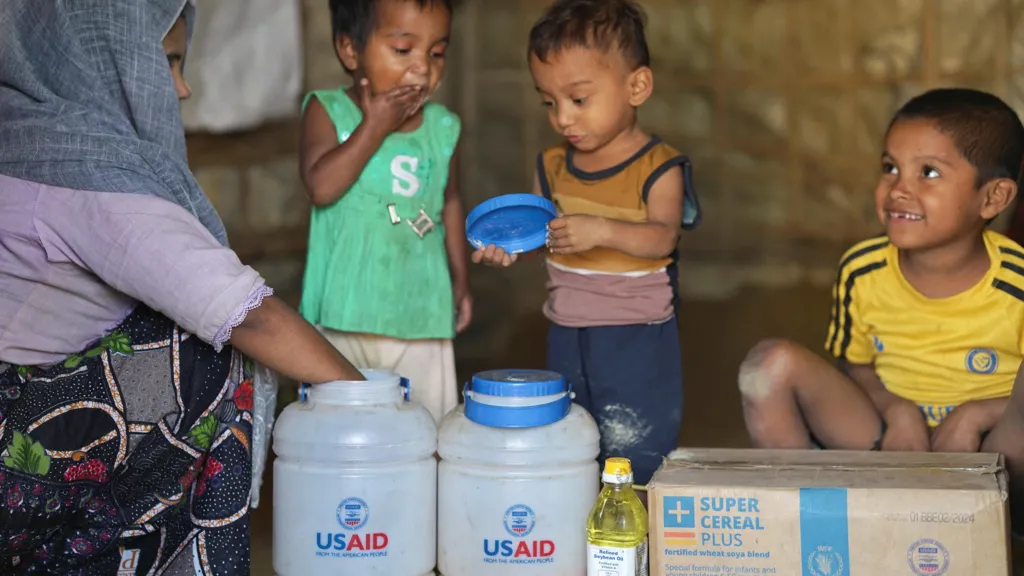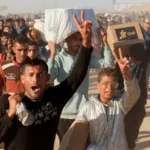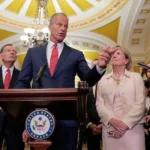
Research published in The Lancet medical journal suggests that President Donald Trump’s cuts to US foreign humanitarian aid funding could result in more than 14 million additional deaths by 2030. One-third of those projected deaths would be children, according to the study.
The research indicates that low- and middle-income countries face disruption “comparable in scale to a global pandemic or a major armed conflict,” said co-author Davide Rasella from the Barcelona Institute for Global Health.
US Secretary of State Marco Rubio announced in March that over 80% of all US Agency for International Development (USAID) programmes had been cancelled. The Trump administration has characterized these cuts as eliminating wasteful spending. The reductions were overseen by Elon Musk, who was leading an initiative to reduce federal workforce size at the time.
Trump has consistently stated his intention to align overseas spending with his “America First” policy during his second term.
The USAID funding cuts “risk abruptly halting – and even reversing – two decades of progress in health among vulnerable populations,” Rasella stated.
The researchers estimated that USAID funding prevented more than 90 million deaths in developing countries between 2001 and 2021. Their analysis modeled potential impacts based on an 83% funding reduction, the figure Rubio provided in March.
The study projects these cuts could cause a “staggering” number of over 14 million preventable deaths by 2030, including more than 4.5 million children under five years old.
The Lancet report’s publication coincides with a major UN-led aid conference in Seville, Spain, where dozens of world leaders are meeting this week. The US is not expected to participate in the largest humanitarian conference in a decade.
As the world’s largest humanitarian aid provider, the US operated in more than 60 countries, primarily through contractors. Government data shows the US spent $68bn on international aid in 2023.
USAID’s central role in global aid systems means Trump’s cuts have triggered similar reductions by other nations, including the UK, France, and Germany.
Humanitarian organizations have widely condemned these moves. The United Nations recently described facing “the deepest funding cuts ever to hit the international humanitarian sector.”
According to Rubio’s March statements, approximately 1,000 US programmes remain and would be administered “more effectively” under the State Department in consultation with Congress.
However, UN workers report deteriorating conditions on the ground. A UN official told the BBC that hundreds of thousands of people were “slowly starving” in Kenyan refugee camps after US funding cuts reduced food rations to unprecedented low levels.
At a Kakuma hospital in northwestern Kenya, the BBC observed a severely malnourished baby who could barely move, with wrinkled and peeling skin indicating serious nutritional deficiencies.












Be the first to leave a comment